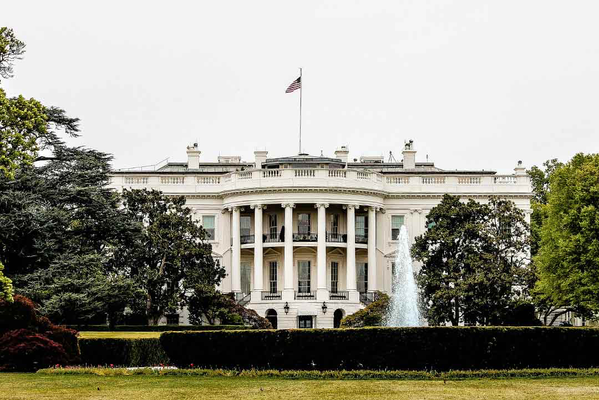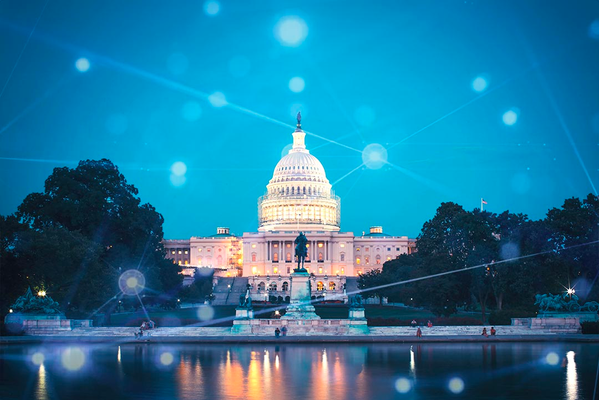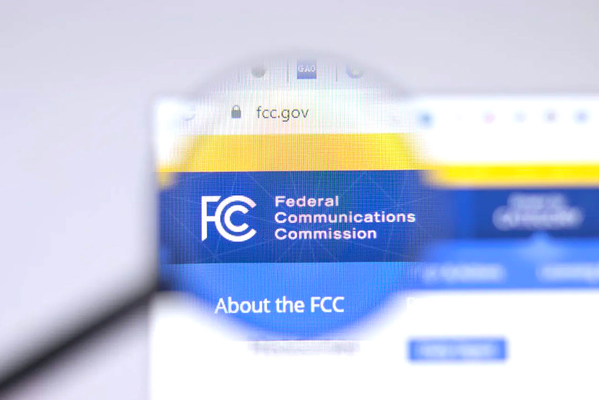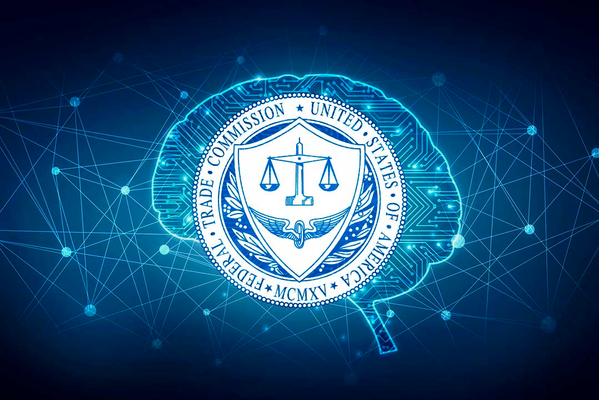April 2024

The White House Office of Management and Budget (OMB) has issued a policy on advancing governance, innovation, and risk management for agency use of artificial intelligence (AI). The policy directs federal agencies to promote AI innovation and governance while managing the risks associated with the technology, especially those impacting the safety and rights of the American public. This aligns with President Biden’s executive order on AI and creates a balance between responsibility and innovation while making federal agencies accountable for the development and risk management of AI. The policy outlines several AI governance, innovation, and risk management actions for federal agencies, including managing risks related to the procurement of AI, addressing risks from the use of AI, expanding transparency of AI use, advancing responsible AI innovation, and growing the AI workforce. Alongside the policy, measures such as increasing reporting on the 2024 Federal AI Use Case Inventory and issuing a Request for Information (RFI) on the responsible procurement of AI in government have been introduced to promote responsible AI use.
February 2024

The use of AI in businesses is becoming more widespread, with about 42% of companies currently using AI in some way. While AI can offer benefits such as automation, process streamlining, and personalization, it also comes with risks if used without appropriate safeguards and risk management. Laws are being introduced to codify responsible AI practices, with horizontal AI legislation affecting multiple applications of AI systems, such as the Algorithmic Accountability Act and the Federal Artificial Intelligence Risk Management Act. There are also initiatives targeting specific AI applications, including HR tech and generative AI, and online platforms and communications. Compliance with these laws is crucial for organizations, and preparation early on is the best way to ensure compliance.

The Federal Communications Commission (FCC) has issued a Declaratory Ruling that clarifies the application of the Telephone Consumer Protection Act of 1991 (TCPA) to artificial intelligence (AI) technologies, particularly those capable of generating human-like voices. The ruling confirms that the TCPA's restrictions on the use of "artificial or pre-recorded voice" encompass current AI technologies that simulate human voices or generate call content using pre-recorded voices. The regulation grants the FCC authority to impose fines on companies utilizing AI voices in their calls or to halt the service providers facilitating them, with fines potentially exceeding $23,000 per call. The ruling also allows call recipients to pursue legal action and potentially receive compensation of up to $1,500 for each unwanted call. The FCC's decision follows a Notice of Inquiry recognizing the need to address AI's potential to emulate human speech and pose new challenges to regulatory frameworks.

The Federal Trade Commission (FTC) has issued orders to Alphabet, Amazon, Anthropic, Microsoft, and OpenAI to provide information about their investments and partnerships in generative AI companies, citing concerns about how these investments may distort innovation and undermine fair competition. The companies must provide information on agreements and related documents, interaction and influence, analyses and reports, documents related to exclusivity and access, materials provided to government entities, specifications for document production, use of technology, and contact information and communication. The FTC aims to better understand the competitive landscape and potential implications of AI collaborations to ensure fair competition and prevent practices that could stifle innovation.
January 2024

Several important AI laws were passed in 2023, including the EU AI Act, New York City Local Law 144, and Colorado's SB-169. In 2024, various US states, such as California and Florida, are introducing new AI laws to regulate AI and increase transparency. The EU AI Act is expected to be finalized this year, while compliance with AI regulations is becoming increasingly important. Holistic AI's Global Tracker can help organizations stay up-to-date on global AI initiatives and gain a competitive advantage. This article is for informational purposes only and does not provide legal advice.